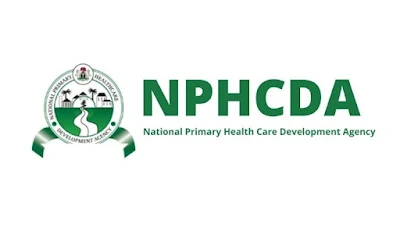
Nigeria requires one billion dollars over the next five years to sustain immunization gains.
The Executive Director of the National Primary Health Care Development Agency, Dr Muyi Aina, made this known at the Multi stakeholders’ Technical Workshop on Optimising a Sustainable Immunization Financing Model in Nigeria 2.0, on Wednesday in Abuja.
Reports indicates that Nigeria’s immunization financing model is built on a collaborative approach involving the Federal, state, and local governments, with the Federal government taking the lead in funding routine immunizations.
Aina stressed that although progress has been made in immunization coverage, financing remained a critical bottleneck.
According to him, only 21 per cent of the allocated vaccine funds for 2024 have been released, raising concerns about Nigeria’s ability to maintain its immunization momentum.
“We need one billion dollars over the next five years to secure vaccines for our population.
“But with less than a quarter of this year’s budget released, we are at risk of reversing hard-won gains,” he said.
The NPHCDA boss highlighted major achievements in 2024, “Three million zero-dose children were reached. 14 million girls vaccinated against cervical cancer, 91 million vaccine doses administered and over 10,000 cold chain units are now operational across the country,”.
He said that immunization was not solely the responsibility of the Federal Government, but a national obligation.
“Immunization is a national duty—for our children, our families, and the future of our health system,” he said.
He said that the event gathered stakeholders from across the health sector to discuss sustainable strategies for funding immunization, particularly in the face of Nigeria’s transition from Gavi support
He said that the government is making efforts to ensure that available resources are allocated more efficiently and directed toward primary health care and preventive services.
He said that to close future funding gaps, the country is exploring alternative revenue sources, including specific taxes and other innovative financing mechanisms.
The discussions underscored the importance of domestic resource mobilization, stronger accountability frameworks, and collaboration among federal, state, and local governments.



